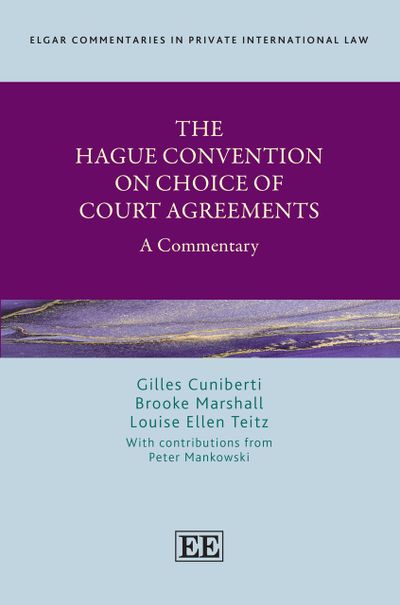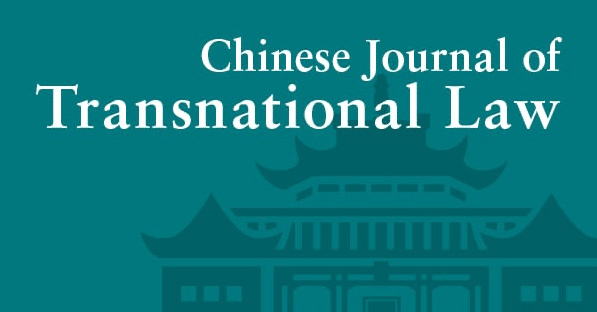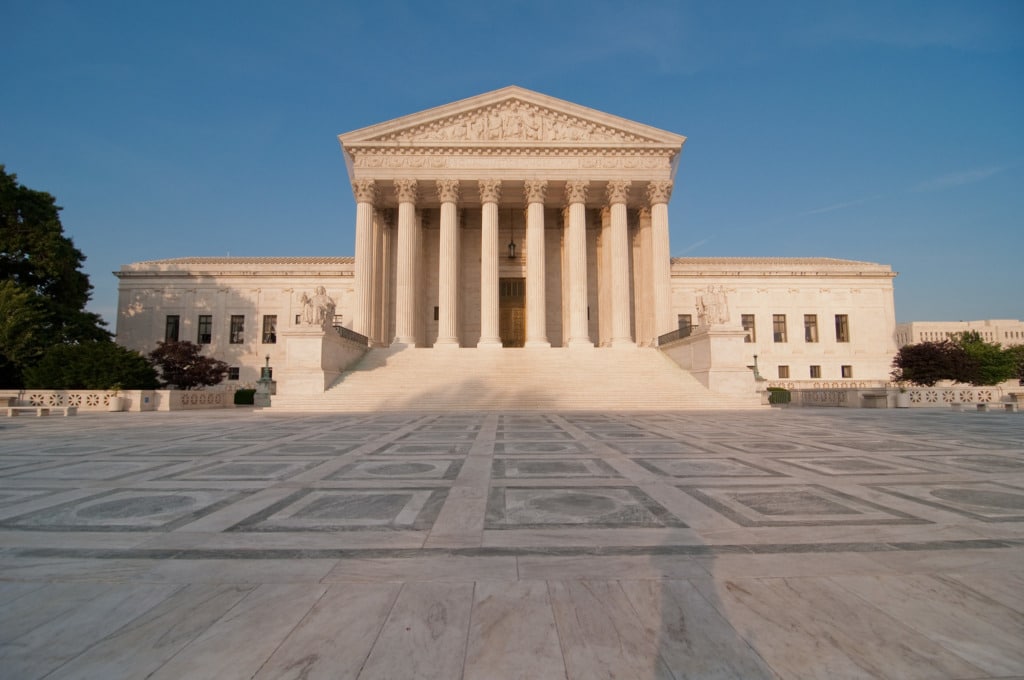Happy Thanksgiving
Tomorrow is Thanksgiving Day in the United States, so TLB is taking a break. We are thankful for you, our readers, around the world. If you celebrate the holiday, we wish you happiness with your family and friends. If you do not celebrate the holiday, we wish you the same. We will be back with…
Continue ReadingNew Developments in U.S. Covid Litigation Against China
Just last month, I wrote about suits filed in U.S. courts against the People’s Republic of China and other Chinese entities for damages arising from the Covid pandemic. In the last two weeks there have been two significant developments. First, on November 14, 2025, the U.S. District Court for the Southern District of Mississippi (Judge…
Continue ReadingBook Launch for Hague Convention on Choice of Court Agreements
The 2005 Hague Convention on Choice of Court Agreements entered into force ten years ago. As regular readers will know, the United States has signed but not (yet) ratified the Convention. Were the United States to do so, it would mark a significant (and positive) change in the U.S. approach to the interpretation and enforcement…
Continue ReadingExtraterritorial Application of State RICO Statutes
Over the past decade, the U.S. Supreme Court has twice addressed the extraterritorial application of the federal RICO statute. In RJR Nabisco, Inc. v. European Community (2016), the Court held that RICO’s criminal provisions apply extraterritorially to the same extent as the predicate acts on which RICO charges are based, whereas RICO’s civil cause of…
Continue ReadingDoes China Have to Pay Qing Dynasty Bonds?
China’s last imperial dynasty, the Qing, fell in 1912. But some bondholders have not given up trying to collect on bonds issued as long ago as 1898. The latest attempt claims that the People’s Republic of China (PRC) violated priority clauses in these old bonds when it issued dollar-denominated bonds in 2020 and 2021, some…
Continue ReadingTexas Court Gives Foreign Judgment Broad Res Judicata Effect
Gottwald v. Dominguez de Cano is a not a case that most readers would normally hear of. It is a Texas Court of Appeals decision giving res judicata effect to a Mexican judgment to bar a claim in state court to recover money paid in a Mexican land sale more than a decade ago. But…
Continue ReadingU.S. Covid Lawsuits Against China
[This post is based on a keynote address delivered at a webinar on “Law Across Borders” hosted by the Chinese Journal of Transnational Law on October 16, 2025.] At a conference at Wuhan University two years ago, I provided a U.S. perspective on China’s new Foreign State Immunity Law. By passing this law, China adopted…
Continue ReadingD.C. Circuit Allows Venezuela Expropriation Case to Proceed
On October 3, 2025, the D.C. Circuit issued its latest opinion in Helmerich & Payne International Drilling Co. v. Venezuela. Judge Gregory G. Katsas affirmed the district court’s rulings that the Foreign Sovereign Immunities Act’s (FSIA) expropriation exception allows the plaintiff’s claim, that the district court has personal jurisdiction, and that the act of state…
Continue ReadingTransnational Litigation at the Supreme Court, October Term 2025
Today is the first day of the Supreme Court’s October Term. This post briefly discusses transnational litigation cases in which the Court has already granted cert, as well as others that are in the pipeline and could be decided this Term. Cases in which the Court Has Granted Cert So far, the Supreme Court has…
Continue ReadingDOJ Takes Broad View of Foreign Affairs Preemption in Pipeline Case
The Trump Administration has made so many broad assertions of executive power this year that it can be hard to keep track. One such assertion that has not made headlines is found in a statement of interest filed on September 12, 2025, in Enbridge Energy v. Whitmer. At issue is Michigan Governor Gretchen Whitmer’s 2020…
Continue Reading








